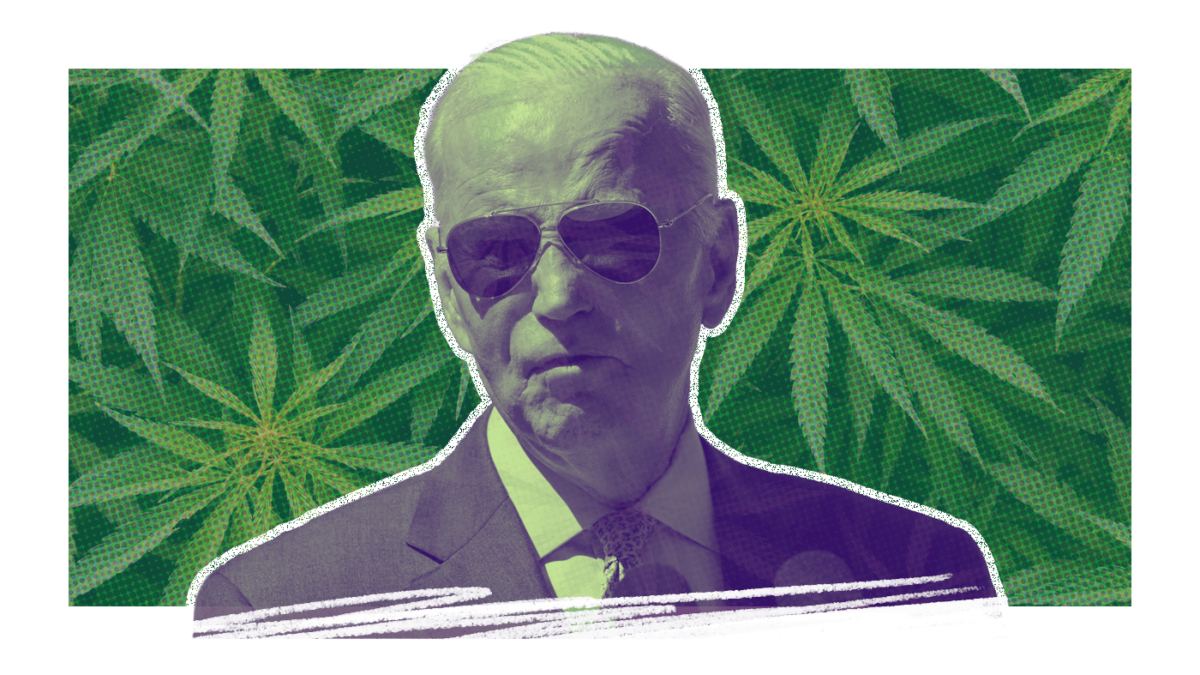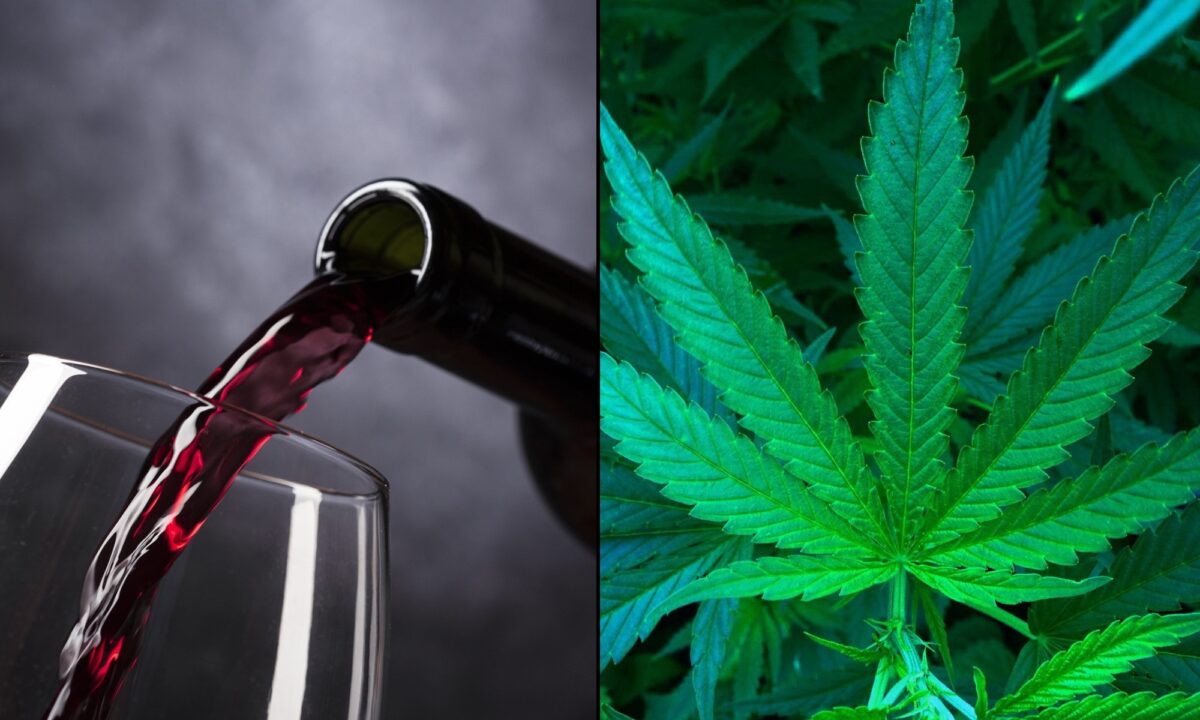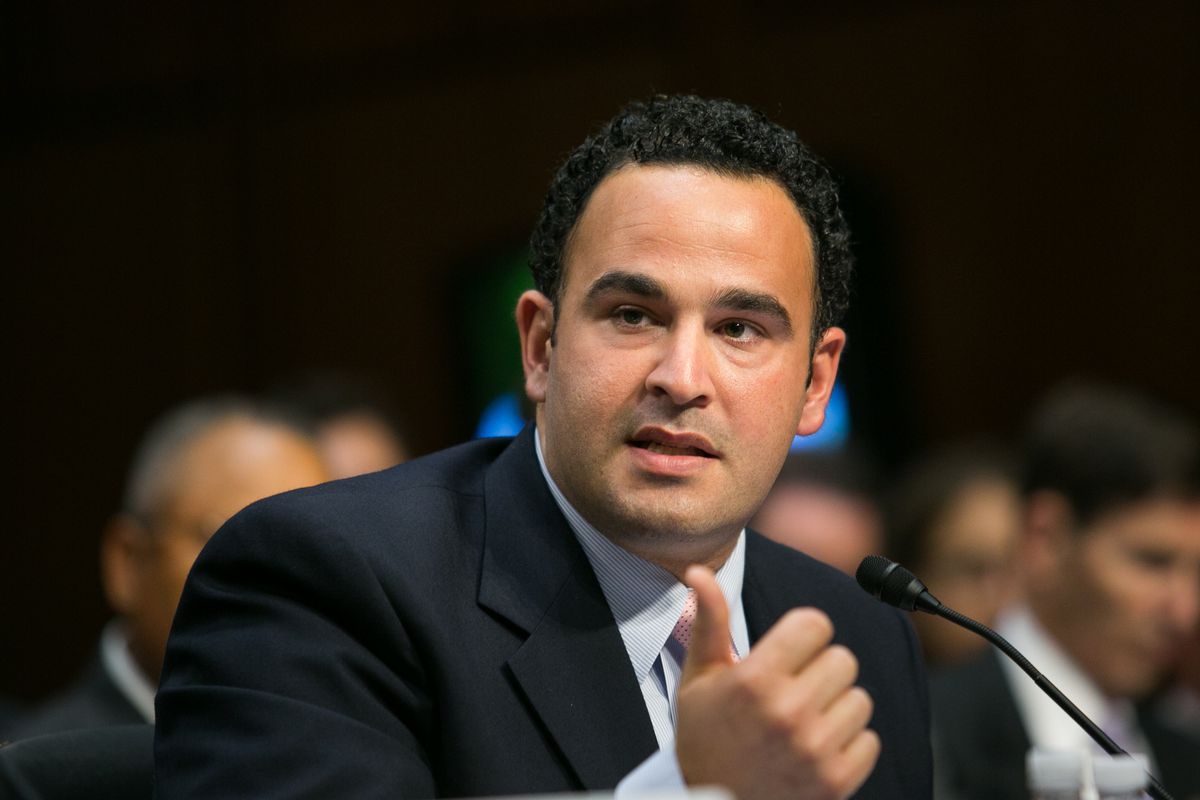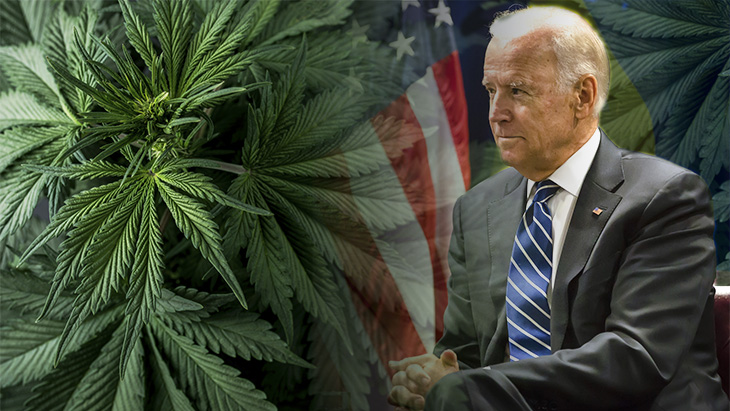Table of Contents
The Justice Department has taken a signystep in reclassifying marijuana as a less hazardous substances, marking a historic change in US drug policy. A proposed rule has been submitted to the federal register, acknowledging the medical benefits of cannabis and recognizing it’s lower potential for abuse compared to other highly dangerous drugs.
However, it is important to note that this plan does not entail the complete legalization of marijuana for recreational purposes. The next phase involves the Drug Enforcement Administration seeking public input on the proposal, which could be a lengthy process.
If the rule is ultimately approved, marijuana would be moved from its current Schedule I classification, alongside heroine and LSD, to a Schedule II substance, alongside ketamine and certain anabolic steroids.
This decision follows a recommendation from the federal Health and Human Service Department, which initiated a review of marijuana’s status in response to president Joe Biden’s urging in 2022.
This is monumental
Biden has also taken steps to pardon numerous individuals federally convicted of simple possession of marijuana and has urged governors and local officials to do the same to clear conviction.
In a video statement, Biden described this as a significant action towards addressing long-standing injustices. He stated, Far too many lives have been negatively impacted due to an unsuccessful approach to marijuana and I am dedicateyto correcting those mistakes. You have my assurance.

This announcement during an election year may assist Biden a member of the Democratic party, in gaining more support, especially from younger voters.
The notification initiates a 60-day comment period, which may be followed by potential evaliayfrom an administrative judge, leading to a potentially lenghthy process.
Marijuana should be treated as alcohol
Biden and an increasing number of legislators from both major political parties have been advocating for the DEA’s decision as marijuana has become more decriminalized and accepted, especially among younger individuals. Some contend that rescheduling is not sufficient and that marijuana should be regulated similarly to alcohol.
Democratic Senate Majority Leader Sen. Chuck Schumer of New York praised the modification and urged for further actions towards legalization.
The US Cannabis Council, a trade organization, stated that the change would represent a significant shift away from the unsuccessful policiy of the past 50 years.

The Justice Department mentioned that the data reviewed by HHS indicates that while marijuana “is linked to a high prevalence of abuse,” that potential is more compared to other Schedule III substances, as per the proposed regulation.
Nevertheless, the DEA has not yet made its own decision regarding the scheduling of marijuana, and it anticipate gaining more insight during the rulemaking process, as outlined in the document.
Some critics argue that the DEA should not alter it’s stance on marijuana, contending that rescheduling is unnecessary and could result in adverse effects.
Decision is driven by politics, not science
Dr. Kevin Sabet, a former White House drug policy advisor who is now affiliated with the organization Smart approaches to marijuana as a Schedule III drug. He believes that the decision to reschedule marijuana is driven by politics rather than science evidence.
While the immediate impact of rescheduling on the nation’s criminal justice system is expected to be minimal, it is important to note that Schedule III drugs are still considered controlled substances and are subject to regulations. Individual who engage in unauthorized trafficking of these substances may still face federal criminal prosecution.

In recent years, federal drug poliy has fallen behind that of many states, as 38 states have legalized medical marijuana and 24 have legalized its recreational use. This has contributed to the rapid growth of the marijuana industry, which is estimated to be worth nearly $30 billion.
By easing federal regulations, the tax burden on marijuana businesses, which can currently be as high as 70% or more, could be reduced. Additionally, it could facilitate research on marijuana, as conducting authorized clinical studies on Schedule I substances is currently very challenging.



